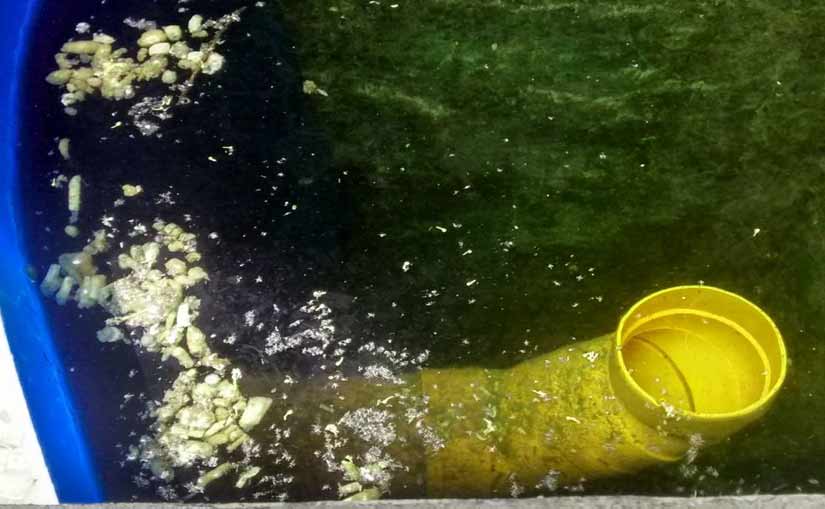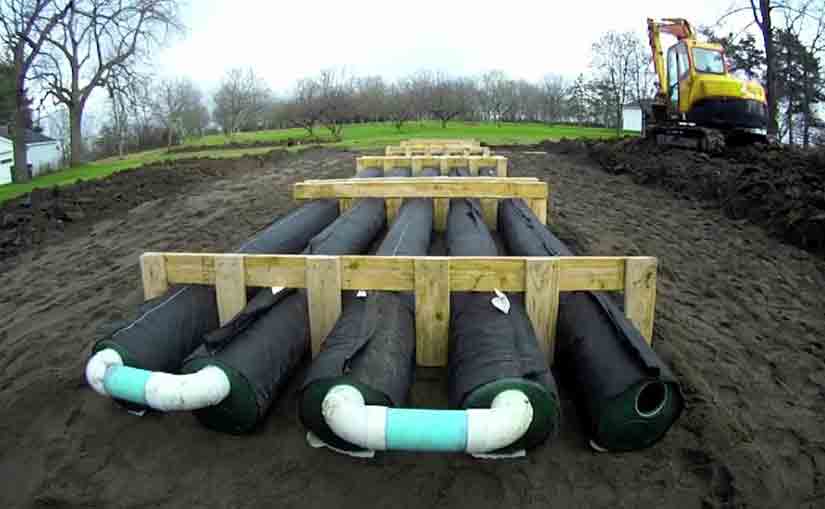This article will discuss how rainwater can cause overflowing in raised mounds. The recession has come and times were getting harder. Your brother decided to sell their house and move to a smaller property. They couldn’t afford the mortgage anymore. Since you were a real estate developer, you knew that you could really help him sell the house. You knew what the house buyers looked for and if you modified the house, you were very sure that the house could be sold in no time.
Over coffee and cake, you talked to your brother and her wife about the parts of the house that needed remodeling. It would be more appealing to the buyer if the house was more contemporary and if the spaces inside were more used. The colors also needed to be changed because dark green and dark blue were not exactly appealing to the buyer. With just a small amount, the house could definitely undergo a dramatic change. You even suggested that the house be showed through your website after its renovation and surely, buyers would inquire and even bid for it. Your brother and sister-in-law agreed to everything that you have suggested for the house.
In just a few weeks, the work began. Your most recent project was already finished so you had free time to devote to your brother’s house. You told your brother to temporarily live for free in one of your rental apartments. Everything went smoothly from the interiors to the exterior part of the house. It was going to rain soon according to the weather bureau. It was a relief that the paint dried off on the roof and the outside walls already before the outpour came. When it rained hard, you discovered that the toilets, drains, and sinks backed up with sewage. The yard also flooded. After the rainfall, you contacted the septic expert because you knew that the problem lied in the raised mound system of the house.
The septic expert immediately set his team to work. He said that there should be a few changes done to help improve the raised mound you had him confirm that Rainwater can cause overflowing in raised mounds and they were the following:
- The lounge by the raised mound area should be removed because its weight could already have brought damage to the system.
- The rain gutters should be diverted away from the area of the raised mound to prevent additional water from seeping into the raised mound.
- Toilets, drains, and sinks should be properly used by not dumping antibacterial soaps, oils, and materials that are not biodegradable.
- The raised mound’s tanks should be pumped out and the entire system should be treated regularly.
- A dry well should be built and installed next to the raised mound system to take care of the grey water from the washing machine and dishwasher.
You wanted to make your brother’s house one of your best works. It was to be the one thing that you could do for him who has been there when you were still starting out in your career. He gave you referrals and recommendations. He even introduced you to important clients who had lands they wanted to develop. The work that you did on the house was a pro bono thing. Your brother also had another house in another state but it was to be their final card in the time of recession.
After a week, the entire property was transformed into a new house. Your brother and sister-in-law couldn’t be happier. To celebrate the renovation, you decided to have treated your brother’s family to your favorite resort. The children were very excited that day. Your brother was even more ecstatic because of the several bids that he received in just a few hours. You were pretty sure that the house was to be sold in just a few days. It was because of your goal to help your brother in every sense of the word. It was a rare thing for anyone to have done such a thing these days and you were one of the rare people with a rare good heart. You concluded that rainwater can cause overflowing in raised mounds.


